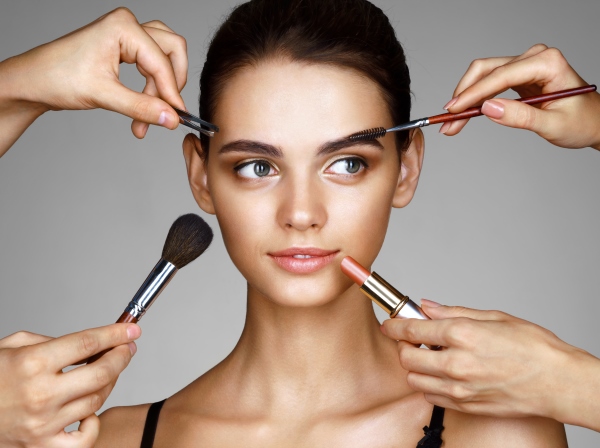
It’s a modern day dilemma facing beauty salons globally. What happens when under-18s demand procedures? Legal expert Michelle Blewett reports.
As young people are often concerned about their appearance, the market for providing cosmetic and beauty related services to minors is ripe for the picking.
However, there are particular personality traits that tend to be more prevalent in minors, that should be considered when administering treatments.
For example, clients under 18 are in a state of heightened hormonal change, and may be more vulnerable to suffering from body image issues.
Young people are also still forging their individual identities, and may be more prone to experimenting with their image, and taking risks without full consideration of the consequences.
While the teenage market certainly presents ample opportunity for the beauty industry, it is important that each clinic considers its approach to servicing this market and implementing a workplace policy that takes into account regulatory restrictions.
The Medical Board of Australia has developed guidelines that came into effect on 1 October 2016. These guidelines apply to registered medical practitioners performing “minor” (non-surgical) cosmetic procedures. Such procedures include non-surgical cosmetic varicose vein treatments, laser skin treatments, use of CO2 lasers to cut the skin, mole removal for the purposes of appearance, laser hair removal, dermabrasion, chemical peels, injections, microslerotherapy and hair replacement therapy.
The guidelines suggest a seven-day cooling off period between the person under the age of 18 giving informed consent and the performance of the “minor” procedure. There must also be an evaluation by a general practitioner, psychologist or psychiatrist if there are indications that the patient has significant underlying psychological problems that may make them an unsuitable candidate for the procedure.
Apart from the mentioned legal requirements, salons should consider the following matters before treating clients under 18 years of age.
- Will your clinic as a matter of policy insist on parental approval, or parental involvement in the consultation and treatment process?
- Will your clinic enforce any aesthetic guidelines?
- Will your clinic enforce any restrictions on the aggressiveness of treatments?
- Will you require staff to document the goals and expectations of the minor?
- Will you require staff to document whether they have explained what the minor can realistically achieve through treatment?

